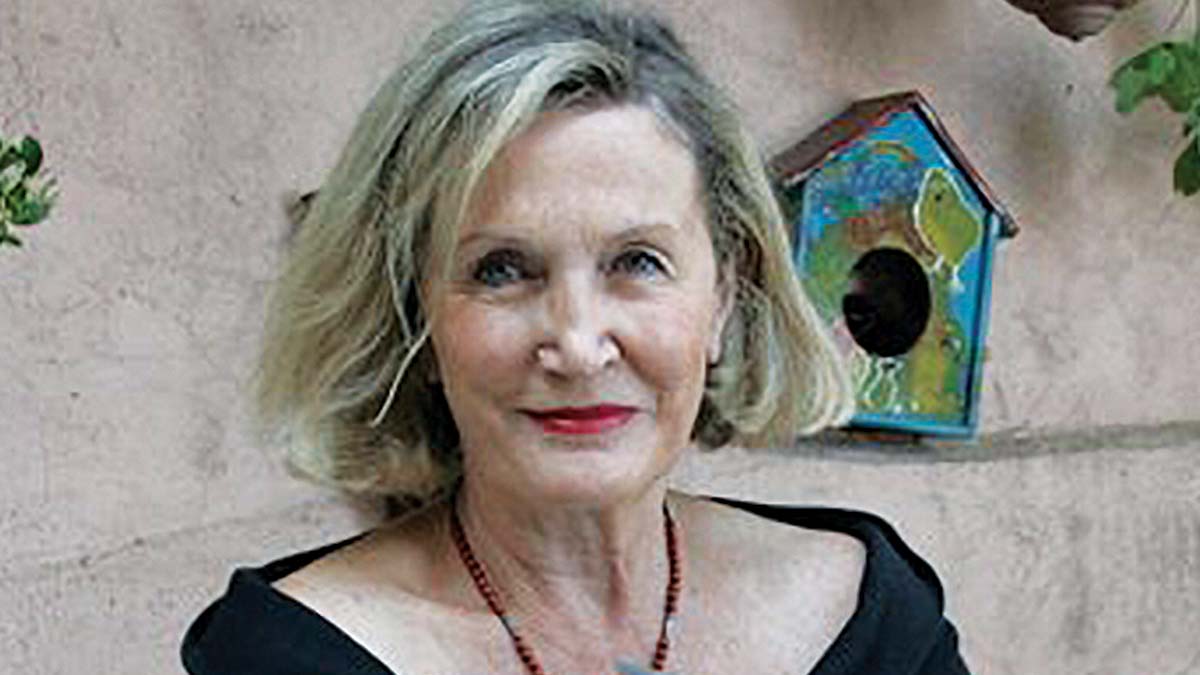AS I SEE IT
BY MARIANNE HERON
The assassination of rightwing commentator Charlie Kirk was described by Utah’s Governor Spencer Cox as “a watershed moment”. His words came as a warning to stop, take heed and realise that cataclysmic change is rapidly becoming irreversible.
Like Malcom Gladwell’s Tipping Point, ideas can be like a virus which infect the way we think about the world and can push us across a threshold from which there is no going back. Tyler Robinson allegedly killed Kirk with a shot to the head because he didn’t agree with his views. Although Robinson allegedly acted alone President Trump has responded with a crack- down on leftwing organisations. Robinson’s family are conservative Republicans). Now it seems anything goes, accountability and humanity no longer feature in the rule book.
An extreme othering, which allows people to engage in threats, violence and incitement is becoming the norm in society. Here, it’s in the threats to Simon Harris and his family, in the racial attacks on immigrant workers and in the rising tide of domestic violence against women. It’s there in the rise of rightwing populism throughout Europe, in political parties like Alternative fur Deutschland (AFD).
Anything goes in war: in Putin’s war on Ukraine, elderly folk were killed as they queued for their pensions in the ongoing rain of Russian bombs and missile drones. Israel’s Netanyahu talks of exterminating Palestinians (a word normally used in pest control) if they don’t move from Gaza City. The war, where more than 64,000 Palestinians have been slain, is intensifying despite the UN’s finding last week that Israel was guilty of genocide.
Professor Johan Dornschneider-Elkink at the School of Politics and International Relations at UCD, doesn’t see Kirk’s shooting as a watershed. “It’s more an indication of how extreme the level of polarisation has become. This has an effect on young people embedded in social networks, where ideas get emphasised and exaggerated with an echo chamber effect.”
Social media, despite its benefits, creates new opportunities for extremists in communication, mobilisation and recruitment, while algorithms influence how we think, “It’s certainly a factor in the change,” confirms Professor Elkink. “Lack of dialogue is one of the problems There is very little debate. One of those did … Charlie Kirk went out and talked.”
Dialogue might help, but what else might stem polarisation and chaos? Overcoming our inability to work together, according to MIT Professor Sinan Aral, author of The Hype Machine. “The collective action problem lies at the heart of many of today’s most pressing global challenges. Addressing climate change requires large numbers of people (and businesses) to co-operate to reduce their carbon footprints.”
The EU has acted too little too late to reign in Israel’s genocide in Gaza.
There is a strong connection between unresolved problems, divided society and conflict. Unless it is managed, conflict can readily erupt causing polarisation, violence and even war. There has to be a willingness by both sides to find resolution.
“If there are deeper underlying divisions, we should never underestimate them. If conflicts can be identified early enough and resolved locally, a meltdown might be prevented,” writes conflict analyst Jan van Aken in his book How Wars End.
Not hard to find underlying divisions here: the absence of affordable housing and accommodation for young people, the need for integration and education around immigrants, the runaway cost of living, where the underlying causes remain unchallenged and the need for effective programmes to tackle radicalisation.
Researching what could be done about the state of the world, Aoife Gallagher, research analyst and author of Web Of Lies, came up with a list which included social media regulation, media literacy, better critical thinking, better communication and understanding why people fall for extreme theories. Leading intellectual Noam Chomsky’s list for moves towards a better society include one where “decisions are in the hands of an engaged and informed public… a fading of national boundaries, an increasingly global system based on mutual support, production for use rather than profit. and concern for species survival.”
Food for thought, indeed…









